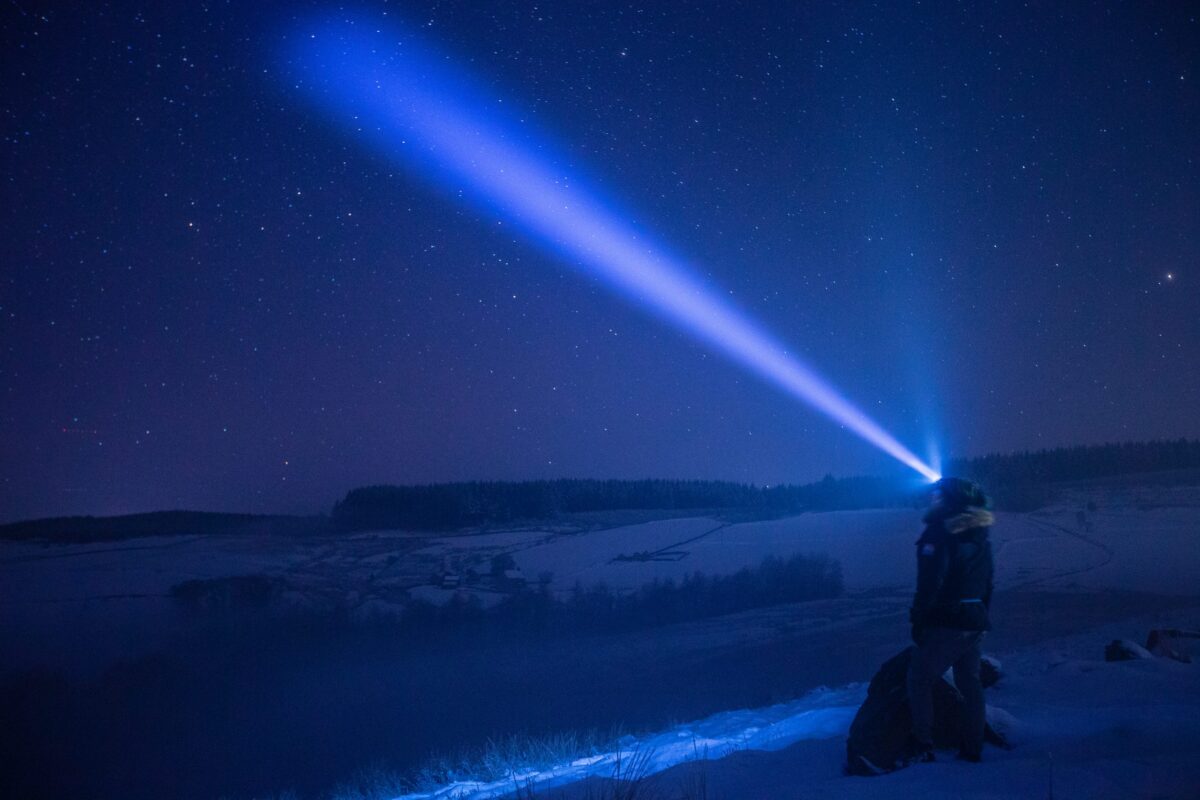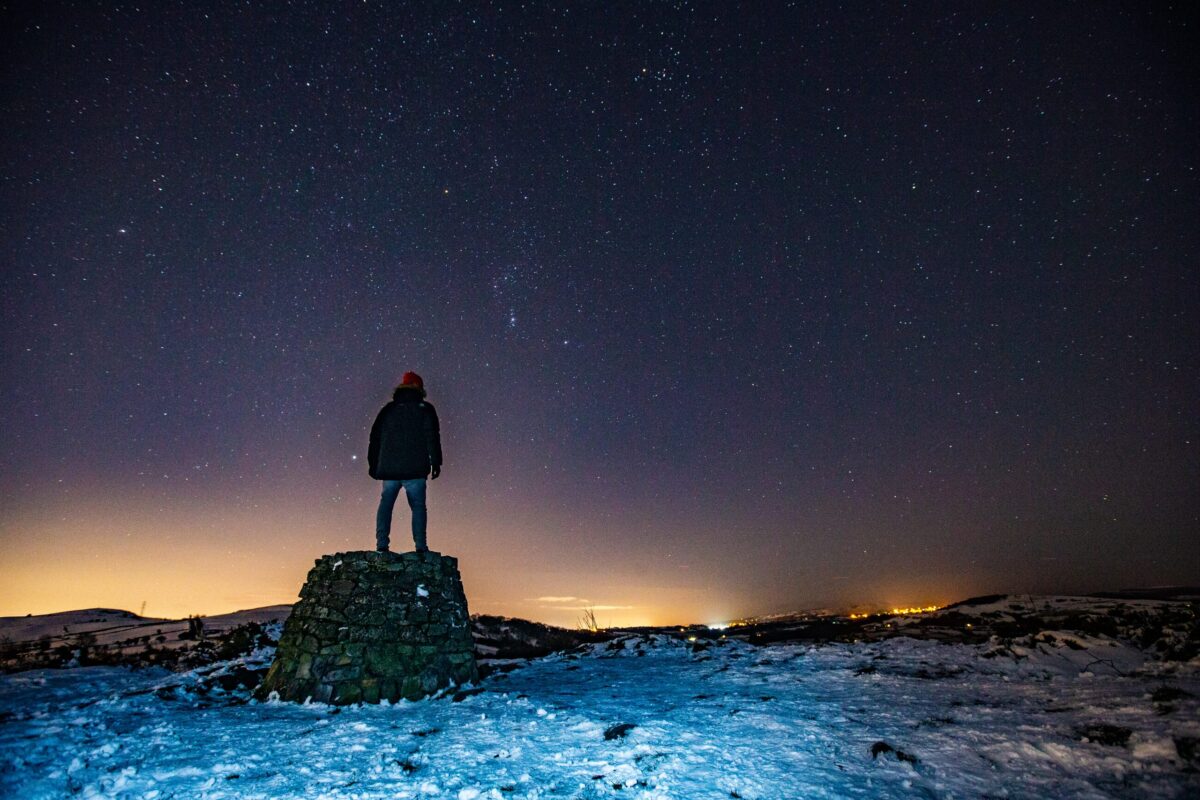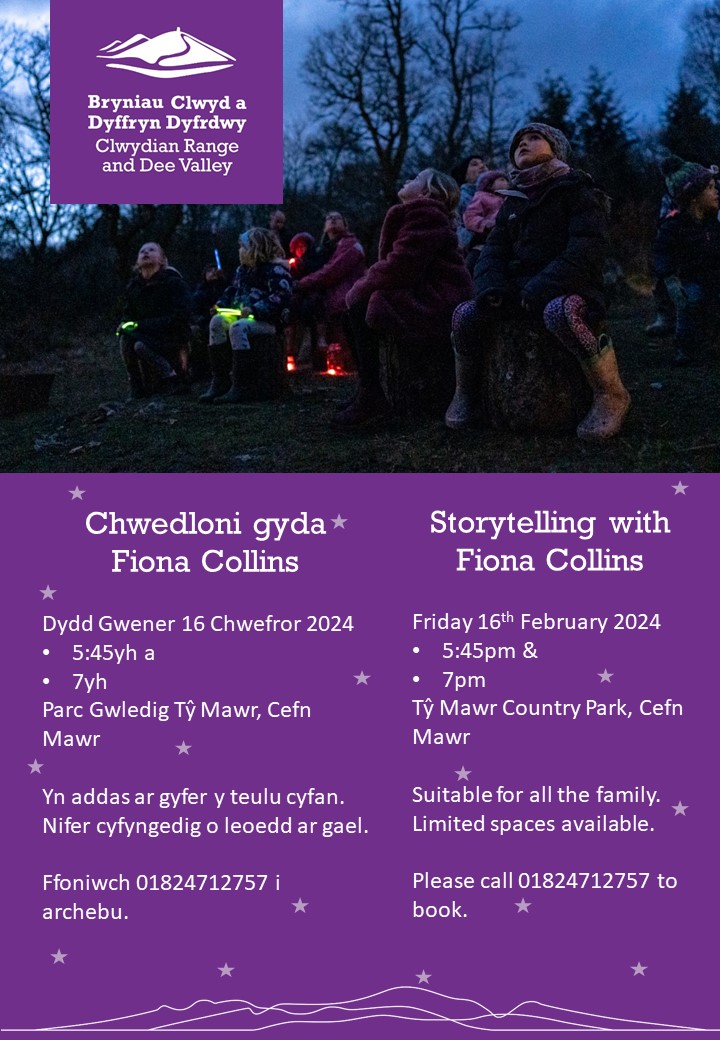Welsh Dark Sky Week 2024
We are now in Wales Dark Skies Week, now in its third year, from February 9th to 18th, 2024.
This collaborative initiative brings together all eight designated landscapes in Wales, uniting the three National Parks of Eryri, Bannau Brycheiniog, and Pembrokeshire Coast, along with the five Areas of Outstanding Natural Beauty: Ynys Môn, Pen Llŷn, Bryniau Clwyd a Dyffryn Dyfrdwy, Gŵyr, and Wye Valley.
The overarching goal of Welsh Dark Skies Week is to raise awareness about the crucial role of dark skies in biodiversity, human health, energy conservation, heritage preservation, and, of course, astronomy. The week will feature a variety of events held both on-site and online across all eight locations, ensuring opportunities for all enthusiasts.
Wales boasts the highest percentage of protected dark skies globally, with Eryri National Park standing as the largest Dark Sky Reserve in the U.K. and Ynys Enlli securing its status as Europe’s first and only Dark Sky Sanctuary.
The designated landscapes are tackling light pollution across Wales, one bulb at a time. Adopting dark sky friendly lighting at home is a great way to protect the planet, your health and your bank balance! We have free bilingual lighting guidance available online and via physical copies.

Dani Robertson the National Park Authority’s Dark Skies Officer said:
“Safeguarding our dark skies is not just about preserving natural beauty; it’s a commitment to protect biodiversity, human well-being, and our connection to the cosmos. Wales Dark Sky Week presents a unique opportunity for everyone to delve into the mysteries above, learn about the importance of dark skies, and join in the celebration of our shared celestial heritage.”
Events throughout the week will be listed on the official Discovery in the Dark website providing a comprehensive guide for attendees. For additional information, updates, and captivating insights into the enchanting world of dark skies, follow Prosiect Nos on social media.

The night sky is one of the joys of a winter in North East Wales. Much of the UK and Europe is afflicted by light pollution, but here in Wales there are hundreds of places to experience the beauty of our dark skies. Wales now has a network of International Dark Sky Reserves and Dark Sky Parks that astronomers have singled out as world-beating places to go stargazing. Our AONB team have their very own mobile observatory which comes in the form a converted camper van kitted out with telescopes, charts, cameras and other equipment, which will support Dark Skies events throughout the year.
The importance of high quality darkness is twofold. Firstly, around 60% of our wildlife is most active at night and studies have shown that artificial light at night has negative – sometimes deadly – effects on many creatures (including humans) affecting behaviours such as nourishment, sleep patterns, reproduction and protection from predators. By preserving our dark skies so that our wildlife can thrive in their natural habitats, living by the natural cycles of night and day.
Secondly, there are few places left where people can really get a true perception of night and its awe-inspiring sky brimming with stars. In fact, only 2% of people living in the UK will experience a truly dark sky. We are lucky to be in a position where visitors can easily get to spaces that have very little light pollution from the surrounding populated areas, meaning that astronomers, enthusiasts, poets and scholars alike can enjoy one of the most spectacular shows on Earth.
To kick off this exciting week of celestial events, they are encouraging star enthusiasts of all ages to head into your back gardens or AONB Dark Sky Discovery Sites to marvel at the night sky!
On any clear night, countless wonders await you in the sky. You can see a galaxy 2½ million light-years away with your unaided eyes, and with binoculars spot craters on the moon! There are many ways to get involved, why not gather blankets outside to create a cosy space to stargaze, watch the sky change as the sun sets into dusk, or pitch a tent in your garden to search for shooting stars!
Join Storyteller Fiona on Friday to hear about all the stories which the stars have conjured up over the years.

